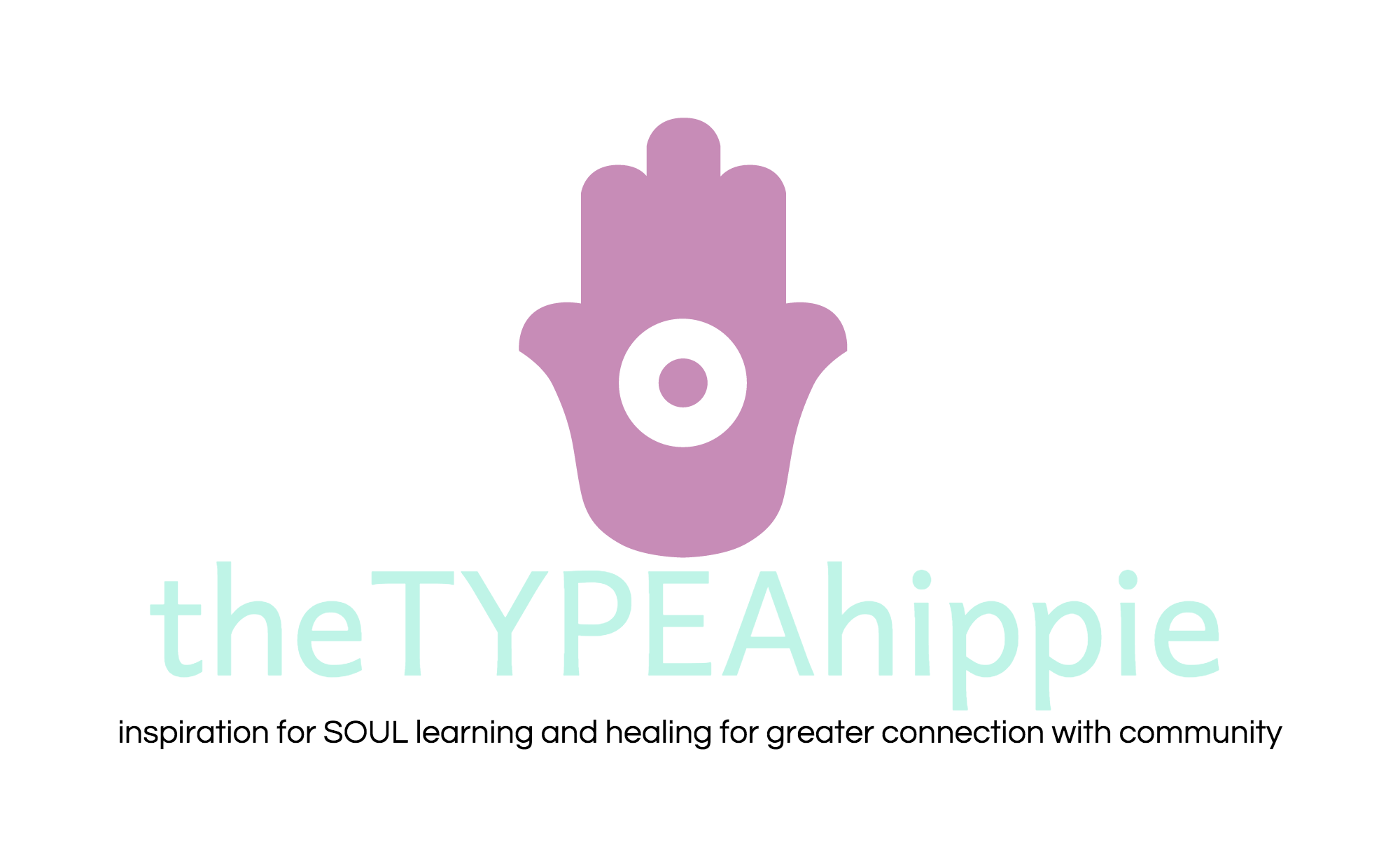National Recovery Month
Kudos to all who are living in recovery! And kudos to those who are struggling with substance use disorder that continue to return to recovery after relapses.
As a recovery advocate, there are so many things we as a collective society can be doing differently to support those who desperately need recovery. I believe in multiple pathways and strongly encourage you, if you or a loved one is in the grips of substance use disorder, to find what works for you and stick with it. Your life could be spared if you do.
For inspiration, I've linked the ten episodes from the Stories of Sobriety, ten episode arc on this podcast.
Ariel Britt is an exceptional speaker with a passion for advocacy and working with young people. She is putting her University of Michigan earned Masters in Social Work to use in her current role at The Phoenix.
Danette Galvis's energy is contagious and she has a zest for life that is not often seen.
Tahra Luther loves big and has a way about her that is authentic and so real.
Bill Haley is changing the taste of recovery one dish at a time. He's insightful and thoughtful, generous and humble. His passion for food and recovery shines through in all that he does. His artistry touches not just food and nutrition, but his genuine connection with humanity, especially those that are struggling with a life-threatening disease of substance use disorder. Chef Haley started Culinary Recovery Food in 2016 and has been transforming the food offerings in recovery homes ever since.
Fay Zenoff is the grounded, driving spirit behind the emergence of the Center for Open Recovery (COR). Since being hired as the Executive Director for The National Council on Alcoholism and other Drug Addictions-Bay Area, in 2014, she has led the evolution of the 60-year old, San Francisco-based, non-profit – from that of a local direct-service provider to become a nationally recognized recovery advocacy organization focused on ending the stigma of addiction and championing life in recovery.
Taryn Strong is a recovery advocate and she hosts She Recovers events all over the world specifically dedicated to creating a space for women to recover. She has also developed a unique “Yoga for Recovery” program which integrates yoga and meditation with spirituality and recovery principles from a wide variety of recovery pathways (including but not limited to the 12 step pathway).
Mariel Hufnagel battled with alcohol and drug addiction, bipolar disorder and bulimia nervosa and she overcame all of those illnesses. She is driven by her deep desire for all people to be able to access and maintain recovery regardless of race, socioeconomic status, gender identity, sexual orientation or criminal record. She is the Executive Director of the Ammon Foundation whose mission is to empower individuals in addiction recovery through combating stigma and providing strategic support to enable personal success.
Michael King is the National Director of Outreach & Engagement with Facing Addiction, a national non-profit organization dedicated to unifying the voices of the 45 million Americans and their families directly impacted by addiction. His work with Facing Addiction includes national coalition building, oversight of resource development, as well as grassroots and community organizing engagement. This is a story of redemption from alcohol and gambling.
Tia Clinton is a sociology PhD student at the University of Michigan and her research broadly looks at racial stratification in education on the K-12 level. More recently, she has been focusing on the relationship between disciplinary practice and academic achievement. She works hard for the things she wants. Her brilliance, intellect and drive is inspiring.
Scott Strode is the Founder and National Executive Eirector of The Phoenix. Phoenix offers a unique approach to combat addiction by fostering a sober, supportive, physically active community for individuals in recovery from substance use disorder. Phoenix is based on Scott’s own experience and his discovery that a healthy, active lifestyle has a transformative effect on long-term sobriety. Scott also realized the critical component of surrounding oneself with a new sober supportive network of friends. Phoenix is unique in that its programs are free to anyone who has at least 48 hours of continuous sobriety.
